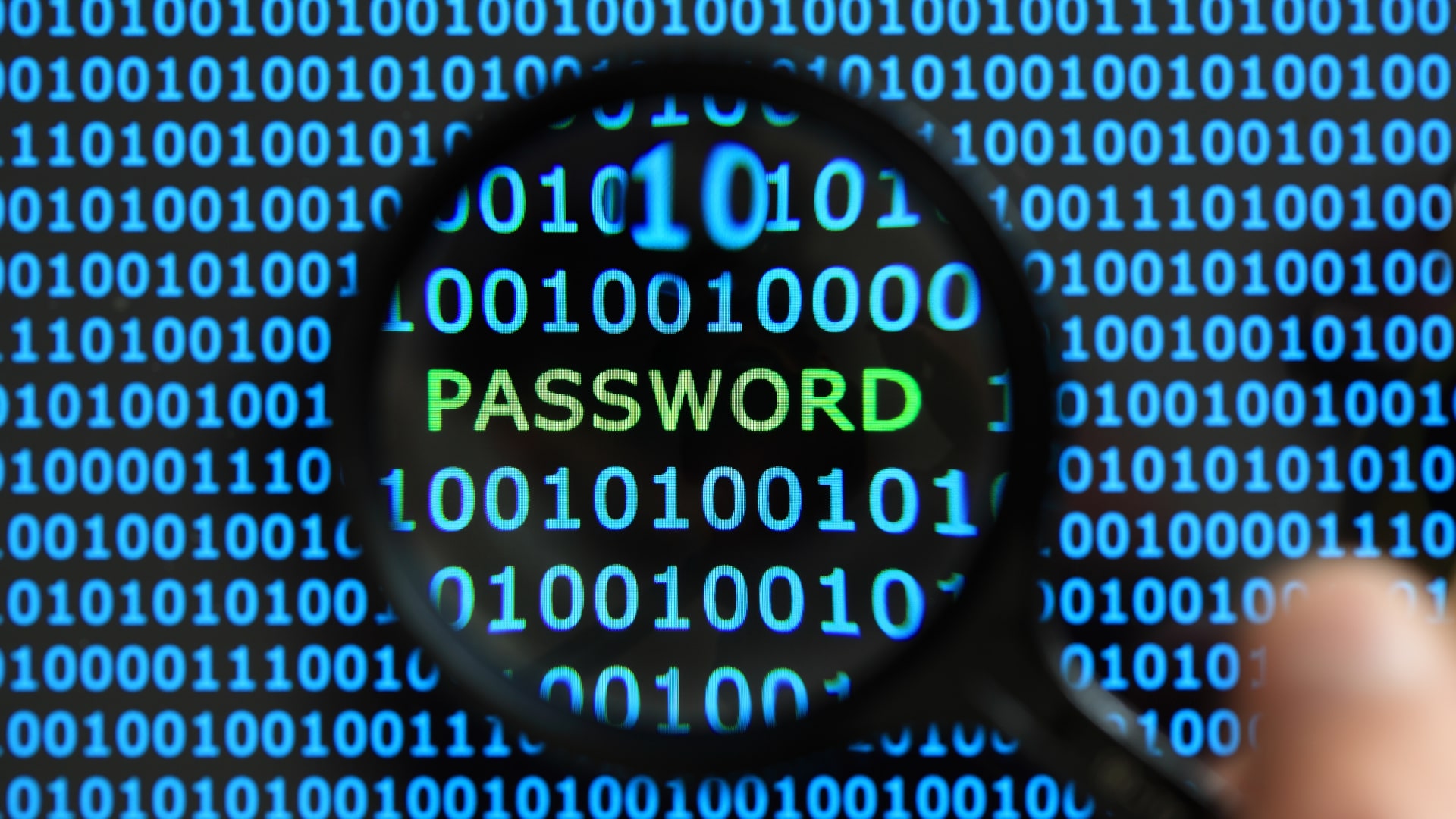Bring Your Own Device, also known as BYOD, is an emerging trend in the workplace that encourages workers to use their own personal electronic devices, such as cellphones, laptops, tablets, and so on, for business purposes. This policy contrasts with the conventional practice of relying solely on the tools and resources provided by one’s employer for professional purposes which can also have Mobile Security Threats.
The Bring Your Own Device (BYOD) policy offers several benefits, including increased flexibility in remote work, improved work-life balance, and lower overall costs associated with equipment. However, doing business in this manner presents a few issues, most notably about your security.
When employees use the same device for all their dealings, it could present various mobile security concerns that the organization must address in the BYOD policy. Those mobile security threats could compromise the company’s data. The following are seven of the most significant dangers, followed by the solutions we offer.
Mobile Security Threats – Theft of Electronics
If devices are lost or stolen, there is a possibility that individuals or organizations may get unauthorized access to sensitive information saved on the device. To prevent this, there needs to be a method that can wipe data entirely and remotely from the device in question.
Infection with Malware
Malware can cause a data breach, and a slew of other security issues, very quickly. You can avoid this for your organization if you equip all privately owned devices with dependable and up-to-date antivirus software to protect against the threat of malware infection.
Unsecured Wi-Fi Encryption is essential for ensuring the privacy and safety of one’s data, and as a result, most workplaces and private homes have implemented it. However, this is not the case with public hotspots. Use a virtual private network, or VPN, to protect your data if you need to connect to an untrusted network.
Mobile Security Threats – The Practice of Phishing
When compared to using a computer at work, people’s behavior on their personal mobile devices is noticeably more relaxed. Because of this, many people are vulnerable to falling prey to phishing scams. The staff would benefit from constant reminders to help establish a natural caution in them.
Outdated Technology
Some employees are not huge tech nerds and would not be in line the second the newest iPhone was available. Many people will continue using outdated technology even after it becomes technically impossible. That they are so economical is admirable, but using antiquated technology puts business and personal information at serious risk. In your bring-your-own-device (BYOD) policy, you might stipulate that all devices that workers want to use for work must undergo regular and necessary upgrades.
Apps That Could Be Dangerous
Many users frequently install games and other applications that may not be secure on personal smartphones and laptops. These applications will ask for permissions, some of which could endanger the data on your device. Because of the potential for such dangers, the BYOD policy must forbid both the installation and usage of applications that are not confirmed safe.
Data That Is Not Encrypted
When sending electronic correspondence from a computer at work, it automatically encrypts the data to ensure it remains private. Your data is at risk of being compromised on public hotspots and some home networks because these may not have enough encryption protection. You can avoid a breach by requiring encryption on all corporate data before sending it out into the world.
Developing a Bring Your Own Device Policy for Mobile Security Threats
Creating a BYOD policy for the first time can be overwhelming. For example, the mobile dangers we have described above are just some of the potential concerns you would have to deal with, and we are sure that you would think of even more as you move along the process.
We highly recommend that you use the BYOD policy template that we have developed expressly for this aim. Using this template will ensure that you do not overlook any significant aspect of the policy. The document covers permitted devices, security specs, prohibitions, and punishments. This document is both exhaustive and succinct. Feel free to modify it as needed to meet your security goals. Call us now if you need additional help!

